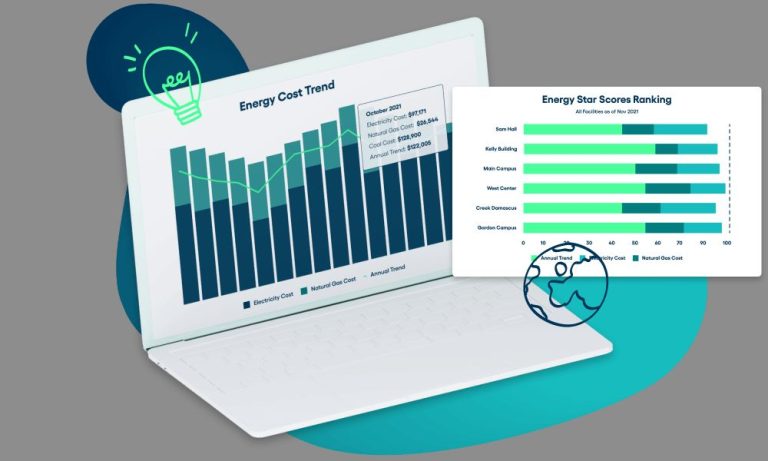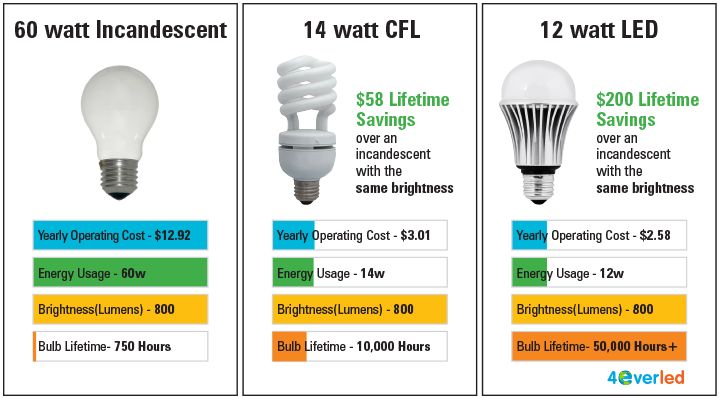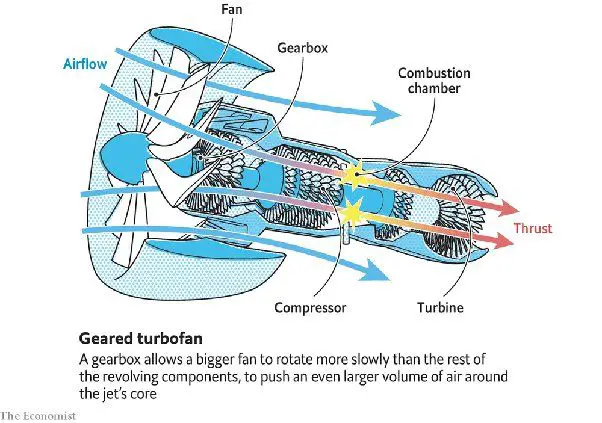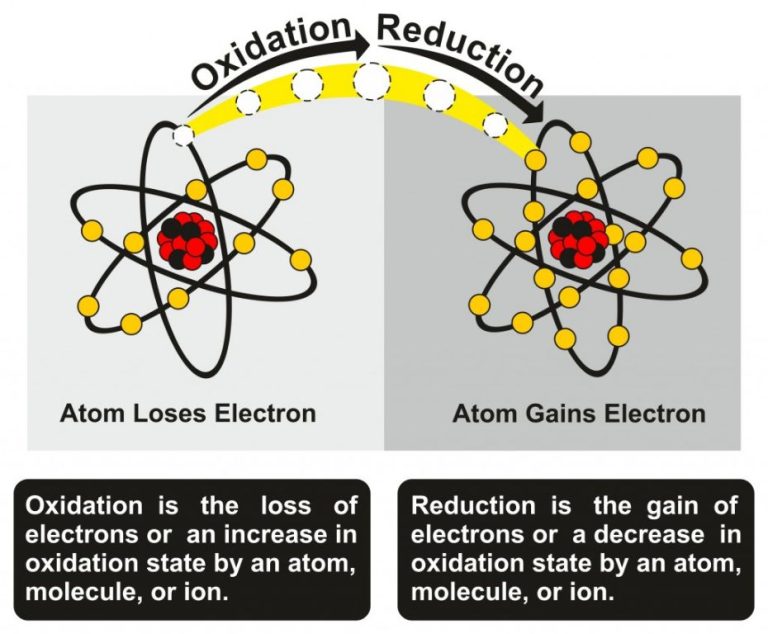Are Heat Pumps Worth It In Maine?
Heat pumps are efficient electric heating and cooling systems that transfer heat between your home and the outside air. They work like a refrigerator in reverse, using a compressor and refrigerant to absorb heat from the outdoor air and release it indoors during the winter. In the summer, the process reverses as the heat pump removes heat from your home and discharges it outdoors.
Heating costs in Maine can be significant due to the cold winters. The average Maine household spends around $900 per year on heating fuel, with oil being the most common heating source (1). Heat pumps provide an efficient electric alternative that can lower heating bills for many homes. With recent improvements in cold weather performance, heat pumps are gaining popularity in colder climates like Maine.
Upfront Costs
The upfront cost of purchasing and installing a heat pump in Maine can range from $3,500 to $13,800 depending on the size of the home and features of the system. According to Efficiency Maine, the installed cost for a 3-zone heat pump system averages around $13,800 before rebates and tax credits https://www.efficiencymaine.com/heat-pumps/. The cost is comparable to installing a new oil or gas furnace which can range from $5,000 to $12,000 installed.
There are several factors that influence the upfront cost of a heat pump system:
- Home size – Larger homes require a more powerful, and thus more expensive, heat pump system.
- Number of indoor units – Systems with multiple indoor units spread throughout the home cost more.
- Cold climate features – Heat pumps designed to operate efficiently in colder climates have a higher initial cost.
- Ductwork – Homes requiring substantial ductwork modifications will have higher installation costs.
While the upfront cost is comparable to a new furnace, heat pumps provide greater long-term savings from reduced energy costs. There are also rebates and tax credits available to help offset the initial purchase price.
Operating Costs
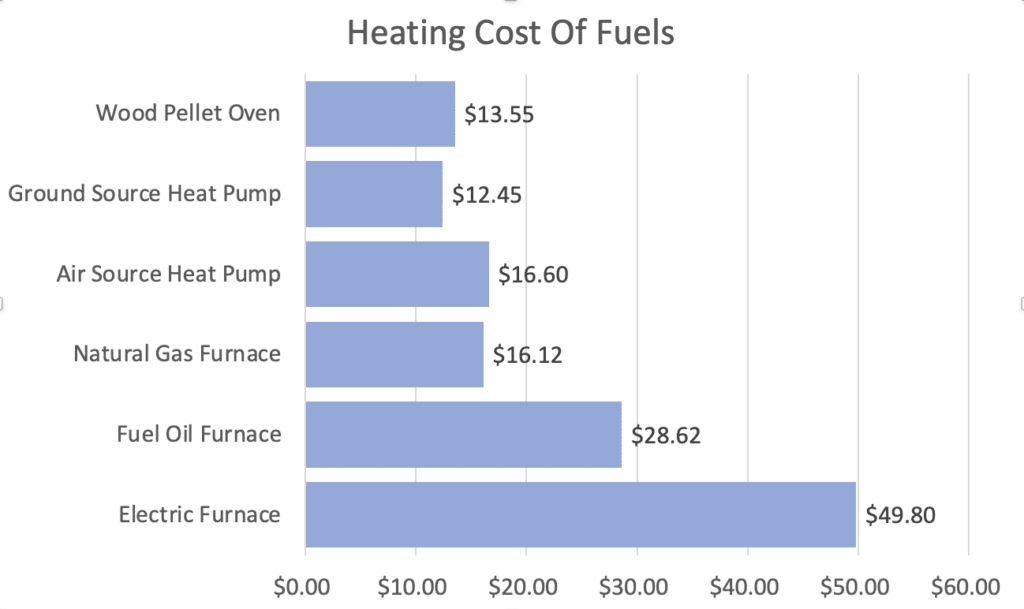
When considering a switch to heat pumps, one of the biggest factors for homeowners is cost. Heat pumps require electricity to run, so operating costs depend largely on electric rates. In Maine, residents pay an average of 16.5 cents per kWh for electricity (Source 1).
Compared to heating oil, which costs an average of $5.50 per gallon in Maine, heat pumps can provide significant savings. A heat pump system uses about $350 of electricity to provide the same amount of heating as 150 gallons of oil, which would cost over $800 (Source 3). So even with higher electric rates, heat pumps are much cheaper to operate.
Exact savings depend on factors like home size, insulation, and efficiency of the heat pump model. But on average, families switching from oil to an efficient heat pump system can save $800-1,500 per year on heating costs (Source 1). With rising oil prices, these savings will likely grow over time.
Efficiency
Heat pumps are rated for efficiency using metrics like SEER (Seasonal Energy Efficiency Ratio) for cooling and HSPF (Heating Seasonal Performance Factor) for heating. The higher these ratings, the more efficient the system.
According to Carrier, heat pumps with a SEER rating of 17 or above are considered highly efficient. SEER ratings go as high as 21, with higher numbers indicating better efficiency.
Meanwhile, Applewood Air explains that HSPF measures how efficiently a heat pump heats, with ratings from 6 to 10 for most units. The higher the HSPF, the more heat delivered per unit of electricity.
Compared to alternative heating systems, heat pumps are generally much more efficient. According to the Department of Energy, the most efficient gas furnace has an AFUE (Annual Fuel Utilization Efficiency) rating around 98%, while the best heat pumps achieve over 300% efficiency.
Cold Weather Performance
Heat pumps are capable of providing efficient heating even in cold climates like Maine. This is due to improvements in heat pump technology over the years, as well as the use of inverter-driven compressors that can modulate performance to match demand. Models rated for cold climates can provide heating efficiently down to 5°F and some even lower with supplemental electric resistance heat.
According to Efficiency Maine, cold climate air source heat pumps provide 100% of their rated heating capacity at 5°F, and 80% of capacity at -5°F. Even at -13°F, they still provide over 50% of heating capacity[1]. Heat pumps achieve these low temperature efficiencies through the use of variable speed compressors, multiple stages, and better heat exchangers.
Field testing by Efficiency Maine showed an average COP of 1.84 for cold climate heat pumps operating between -5°F and 5°F outdoor temperature. COP measures efficiency, with higher numbers meaning greater efficiency. So even at below zero temps, heat pumps provide nearly double the heat energy versus the electrical energy consumed to run them.
Overall, improvements in cold climate heat pump technology allow them to serve as an effective primary heating source even in frigid locations like Maine. Their ability to extract heat from outdoor air translates into lower heating bills compared to alternatives.
Incentives
Maine offers generous rebates to offset the cost of switching to a heat pump system:
- Efficiency Maine offers rebates up to $8,000 for low income households or up to $2,000 for other homeowners installing heat pumps (https://www.efficiencymaine.com/at-home/whole-home-heat-pump-incentives/).
- An additional rebate up to $600 is available for upgrading your electrical panel if needed (https://www.efficiencymaine.com/at-home/ductless-heat-pumps/).
- MaineHousing also provides rebates that cover most or all of the cost and installation of a heat pump system for eligible residents (http://www.maine.gov/energy/initiatives/energy-efficiency).
With rebates covering 50-100% of the upfront costs, the payback period for a heat pump installation in Maine can be under 5 years in many cases. This makes the long-term savings from reduced heating costs well worth the initial investment for most homeowners.
Maintenance
Heat pumps require more maintenance than traditional heating systems like gas furnaces. Heat pumps have both indoor and outdoor components that need routine maintenance, while gas furnaces mainly just require furnace filter changes and annual inspections 1. The outdoor unit of a heat pump has coils that need to be checked and cleaned annually or biannually to maintain efficiency and prevent premature breakdowns. The filters, coils, and refrigerant levels all require routine service. Neglecting maintenance can lead to more costly repairs down the line.
The average cost of a yearly heat pump maintenance visit is $50-180 for labor, plus any repairs needed 2. Repair costs can range from $150-950 with an average cost of $400 3. Common repairs include refrigerant leaks, capacitor replacements, and reversing valve failures. Gas furnaces have fewer components to maintain, with yearly inspections averaging $75-150.
Proper maintenance helps ensure heat pumps operate efficiently and provides savings on energy bills over time. While maintenance costs are higher than gas furnaces, heat pumps have lower fuel costs in most regions. Weighing maintenance and repair costs against energy savings is important when considering the long-term costs of a heat pump system.
Home Heating Types in Maine
Maine homeowners have several options when it comes to home heating systems. The most common types of heating systems used in Maine include:
Oil – Oil heating systems, aka fuel oil or heating oil, are the most prevalent in Maine with over 80% of homes using oil heat. Oil systems involve an oil tank and burner which sends heated oil to baseboard radiators or ductwork. Oil heating provides strong heating output but is prone to price fluctuations.
Propane – Propane heating systems involve an outdoor propane tank feeding a gas furnace or boiler inside the home. Around 5% of Maine homes use propane heat. It can be more expensive than other heating types but propane prices don’t fluctuate as severely as oil.
Natural Gas – Natural gas furnaces and boilers involve gas lines feeding the home from the utility company. Natural gas is only available in certain parts of Maine. It provides affordable heating but availability is limited.
Electric – Electric heating uses electric forced-air furnaces or electric baseboard units for heating. It’s relatively inexpensive to install but can have very high operating costs in cold climates.
Wood – Wood stoves and pellet stoves allow burning wood or pellets inside the home for heat. Locally sourced wood and pellets support Maine’s economy. Wood heat involves more maintenance and work than other heating types.
Sources:
207 Plumbing & Heating,
University of Maine Cooperative Extension
Making the Switch
The process of switching from oil or gas heating to a heat pump system involves several steps:
First, you’ll want to get quotes from qualified heat pump installers to determine the upfront cost. Be sure to ask if they handle securing any required permits. Most heat pump installers in Maine are familiar with Efficiency Maine’s rebate program and can help you through the process. The typical installation timeline is 1-2 days.Efficiency Maine provides a list of qualified installers.
Before installation, you’ll need to have your home evaluated by the installer to determine the appropriate heat pump system design. They will take into account factors like your home’s insulation levels, size, heating requirements, and more. Mini-split systems are common for supplementary heating, while central heat pump systems can provide whole-home heating.Whole-house systems allow you to completely replace oil or gas heating.
After installation, you’ll want to schedule removal of your old oil or gas heating system. The installer can help coordinate this. Some homeowners opt to keep their previous system as a backup.
Finally, after installation you can apply for Efficiency Maine rebates, which can cover up to $4,000 of the system cost. The rebate paperwork can be handled by your installer to make the process smooth.
Conclusion
To summarize the key factors, heat pumps provide significant energy savings compared to oil and propane heating in Maine. Their efficiency continues to improve even in cold weather with recent cold climate models. Plus, incentives and financing can offset much of the upfront costs of installing a heat pump. They may require a backup heating system for the coldest days.
Heat pumps make sense for most Maine homes looking to reduce heating costs and reliance on fossil fuels. With proper sizing and installation, they can handle the majority of heating needs even through cold Maine winters. Get quotes from qualified installers and take advantage of incentives to make the switch to efficient and affordable heat pump heating for your home.

